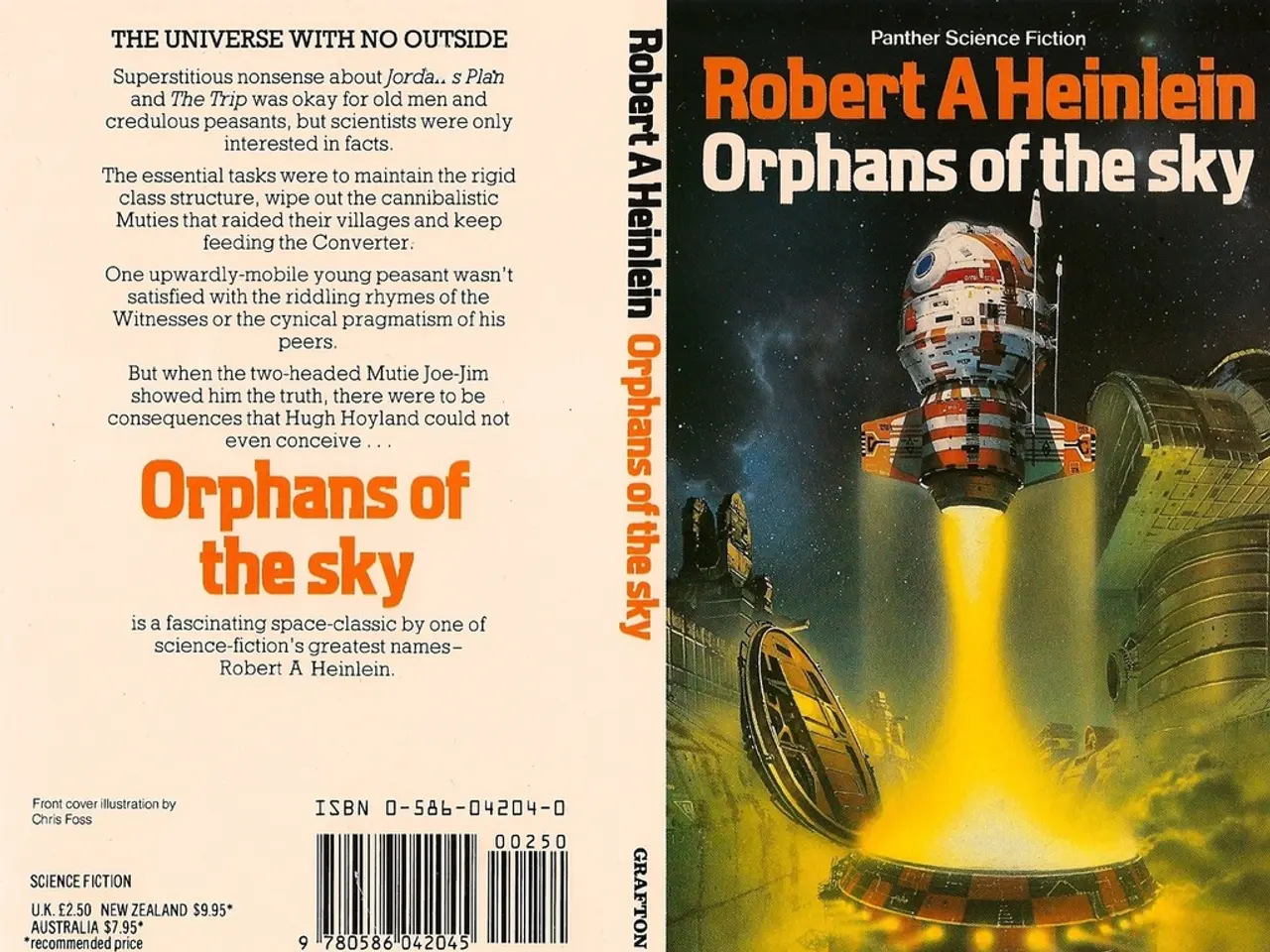"Has the Future of 'Liberal' Democracy Been Threatened?"
In a thought-provoking serialized essay, author Claire Berlinski questions the future of democracy and the role of liberalism in its potential downfall. The essay, available at Claire Berlinski's Substack, argues a striking point: that right-wing populism shares intellectual roots with fascism, as both exploit democratic institutions to ultimately undermine democracy itself.
Berlinski's argument hinges on the idea that fascism (and by extension, contemporary neofascism or right-wing populism) emerges within democratic societies, using the freedoms and legal frameworks of democracy—such as free speech, press, assembly, and participation in parliament—as a "Trojan horse" to gain power legally. Once in power, these movements systematically discredit and paralyze democratic functions, leading to chaos and the weakening of democratic order.
The essay's core contention is that democracy's very tolerance and legalism, which assume truth and democratic spirit will eventually prevail over falsehood and force, inadvertently enable fascism and right-wing populism to infiltrate and destabilize democratic institutions.
Berlinski also touches upon the disappearance of the traditional right, suggesting that everyone is now on the left. She argues that the current liberal order has already failed, with cultural supports and structures gone. The author asserts that what we presently call our elite are not liberals, but the opposite, leading to the conclusion that democracy, as Aristotle considered it the worst form of government, is failing.
The essay is divided into three parts, with Part 3 suggesting a connection between "right wing" populism and fascism. Berlinski further argues that our obsession with materialism, market hedonism, and egalitarian democracy has led to a political dementia. She asserts that to empower an idiot results in a powerful idiot, and concludes that to save civilization and revive liberty, we must rediscover the trick of empowering real leaders and heroes.
Berlinski's essay suggests that various threats to liberty today are proofs that liberty was betrayed long ago by liberals. She argues that our generation has not understood that liberalism is unviable without a figure like Wellington or George Washington. The author claims that falling birth rates, rampant infanticide, clownish parliamentarians, and a post-literate culture are proofs of liberalism's demise.
In essence, Berlinski's essay presents a compelling critique of the current political landscape, suggesting that liberalism, in its misunderstanding of its origins, has destroyed its own non-liberal supporting structures, leading to the advance of authoritarian collectivism in every country. The essay serves as a call to reevaluate our understanding of democracy and liberalism, and to strive for a revival of true leadership and heroism in order to save civilization.
Politics today, as Berlinski argues, is rife with threats to liberty and freedom, with many democratic institutions being undermined by right-wing populism and fascism. This displacement of democracy is made possible by the very policies-and-legislation and structures that promote democratic values, such as free speech and participation in parliament.
General-news outlets would be remiss not to engage with Berlinski's essential points, as her essay artfully delves into the intricate relationships between modern politics, democracy, and the potential demise of liberalism.








